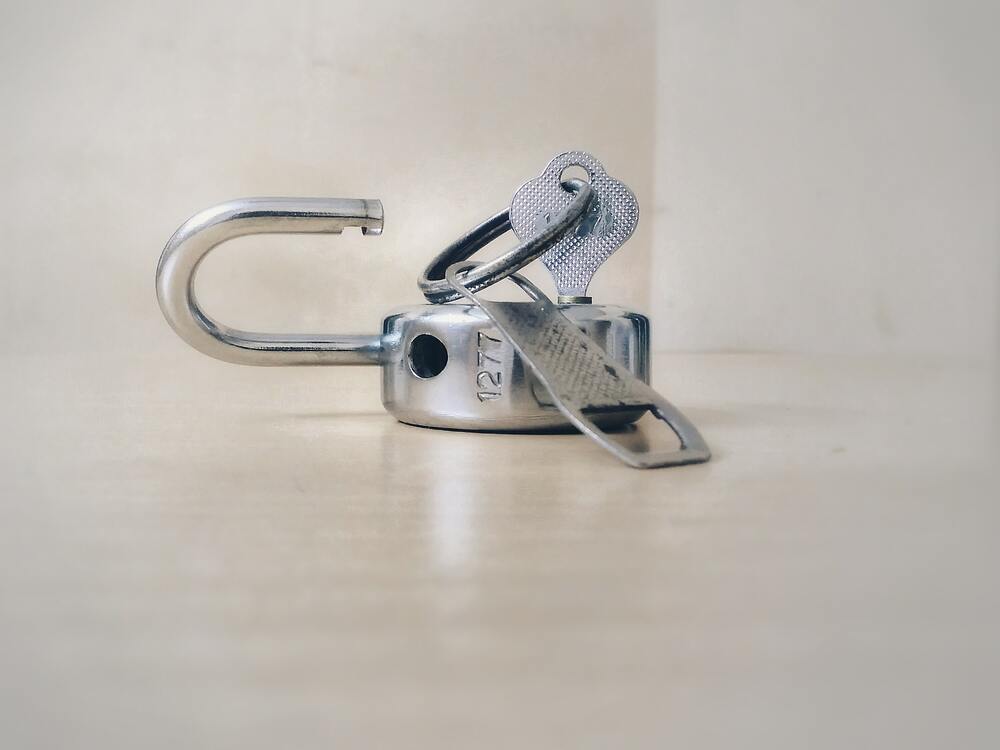If your building had lower occupancy in 2020 or 2021, benchmarking can save you thousands in audit costs.
When the benchmarking requirement for 2020 and 2021 was put on hold due to LA's Emergency Order, many commercial property owners and managers in Los Angeles were relieved. The pandemic brought occupancy woes for many, and no one wants to spend money they don't have on benchmarking an empty building.
That's not all. Starting in 2023, they are also forcing those same properties (commercial buildings 20,000 square feet and larger) to hire a licensed engineer to Audit and Retro-Commission (A/RCx) their building once every five years.
The base cost among qualified engineers in LA is $5,000 for A/RCx compliance, with the price growing along with the size of the building.
In creating its mandate, LADBS cast a very wide net, including as many commercial properties as possible, a political victory.
However, not every building in this segment necessarily benefits from auditing. smaller buildings get caught up in a process that doesn’t always benefit them.
As engineers, we think there is a great opportunity for 80-story high rises in downtown LA to do energy and water audits. But for the little guys, the cost to do the audit can be greater than the cost of implementing the changes, or total savings.
After the law was passed, rightfully angry building owners protested at a meeting held by the City. In response LADBS established audit exemption criteria, a long list of ways to opt out of the requirements for buildings that don’t want to spend money unnecessarily
However, qualifying for your exemption is not always easy. You need to document that your building meets one or more of the exemption criteria.
The easiest way to snag water and energy audit exemptions is to show a decrease in use between any two years in the 5 year period prior to the audit year.
In order to prove the lower use is real, the building needs at least two accurate benchmarks - one for the year with higher use, and one for the year with lower use.
Which means if your occupancy fell in 2020, or in 2021 - your ability to qualify for an audit exemption is nearly guaranteed.
The formula is simple: Lower Occupancy in 2020 + Benchmarking = Audit Exemption + Thousands of Dollars Saved
Also, don’t forget that the best reason to hire an engineering firm like Bay Efficiency to benchmark is accuracy. Accurate benchmarks get exemptions, inaccurate benchmarks leave you paying for benchmarking AND audits. And no one wants that.
Email us at benchmark@bayefficiency.com or click on pricing below to get moving toward your audit exemption.
